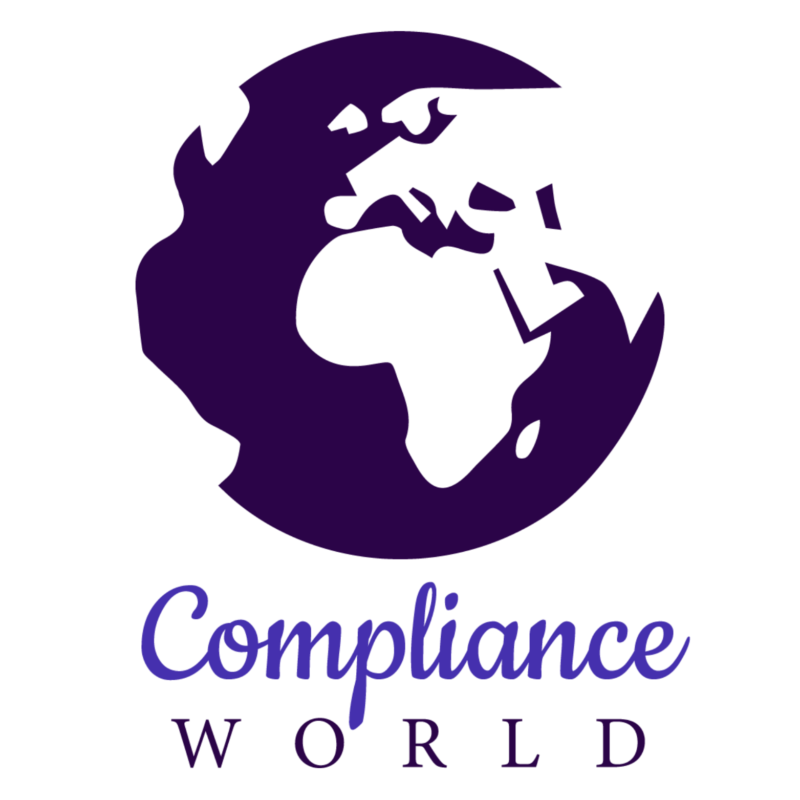Starting a business in Ajman
Starting a business in Ajman, one of the seven emirates of the United Arab Emirates (UAE), involves several steps and considerations. Ajman offers a business-friendly environment with various options for entrepreneurs. Here’s a general overview of the process:
Business Activity and Legal Structure:
Determine the nature of your business activity and choose the most suitable legal structure. Options include a sole proprietorship, limited liability company (LLC), branch office, representative office, or a civil company, among others.
Trade Name Reservation:
Choose a unique name for your business and submit it to the Ajman Department of Economic Development (Ajman DED) for approval.
Local Sponsor or Partner:
Depending on your business structure, you may need a local sponsor or partner who is a UAE national. This is a common requirement for mainland businesses.
Memorandum of Association (MOA):
If you are setting up an LLC, you will need to draft a Memorandum of Association (MOA) outlining the rights and responsibilities of shareholders. This document must be notarized and submitted to the Ajman DED.
Office Space:
Secure office space that meets the requirements for your business activity. The size and type of office space depend on your chosen activity.
Initial Approval:
Submit your application, documents, and approvals to the Ajman DED for initial review. You will need to provide detailed information about your business.
Approvals from Authorities:
Depending on your business activity, you may need approvals from sector-specific government authorities. For example, healthcare-related businesses require approvals from the Ministry of Health and Prevention (MOHAP).
Commercial License:
After receiving necessary approvals, apply for your commercial license from the Ajman DED. This license authorizes your business to operate in Ajman.
VAT Registration:
If your business’s annual turnover exceeds the VAT threshold, you must register for Value Added Tax (VAT).
Employment Visas:
If you plan to employ foreign workers, you’ll need to apply for their employment visas through the General Directorate of Residency and Foreigners Affairs (GDRFA).
Bank Account:
Open a corporate bank account for your business to manage financial transactions.
Compliance and Operations:
Start your business operations and ensure that you comply with all local laws and regulations, including annual renewals of your business license.
Continual Compliance:
Be prepared for regular compliance reporting and ensure that your business adheres to any industry-specific requirements


